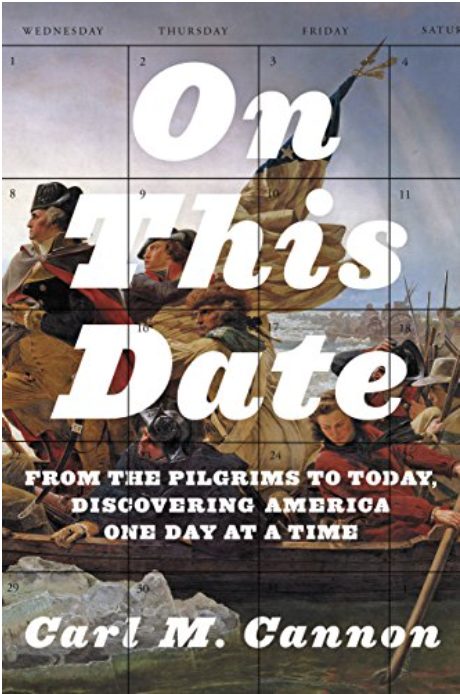Great American Stories: Hubert’s Moment

As the National Hurricane Center tracks another storm system gathering strength in the Caribbean Sea, I'll again invoke the memory of a human hurricane (the good kind): Sen. Hubert Horatio Humphrey Tweet

As the National Hurricane Center tracks another storm system gathering strength in the Caribbean Sea, I’ll again invoke the memory of a human hurricane (the good kind): Sen. Hubert Horatio Humphrey. Fifty-seven years ago today, President Lyndon B. Johnson chose the legendary Minnesota senator as his running mate.
“Nothing has given me greater support in the past nine months than my knowledge of President Kennedy’s confidence that I could continue the task that he began,” LBJ said that night. “I have found a man that I can trust in the same way. This confidence and this recommendation are not mine alone. They represent the enthusiastic conviction of the great majority of the Democratic Party in the United States.”
It was true that HHH, as the headline writers called him, was a man his fellow Democrats knew well. Left unsaid was that this moment in 1964 represented a precise example of passing the torch, which John F. Kennedy had spoken about: A president from Texas was choosing as his running mate the man most identified with the Democrats’ break from their slaveholding and segregationist past. That’s because, in 1948, at another nominating convention, Hubert Humphrey, then mayor of Minneapolis, had laid down a historic challenge to his party.
“My friends, to those who say that we are rushing this issue of civil rights, I say to them we are 172 years late,” Humphrey proclaimed in his fiery speech. “To those who say that this civil-rights program is an infringement on states’ rights, I say this: The time has arrived in America for the Democratic Party to get out of the shadow of states’ rights and to walk forthrightly into the bright sunshine of human rights.”
Speaking only three years after the end of a world war fought, in large part, over the fantasies of racial superiority, Humphrey proclaimed racial equality to be the great cause of the 20th century. Southern Democrats didn’t see it that way. After that 1948 speech, they walked out of the Philadelphia convention en masse, turning their backs on both Humphrey and President Truman, to run their own “Dixiecrat” ticket for president. And in 1964, they tried to stop the landmark Civil Rights Act that LBJ would sign in July of that year.
But there was no going back after Humphrey’s stirring challenge. Truman won in 1948 anyway, and it would be a Democratic president from Texas — half Southern, half Western — who would make Humphrey vice president and then sign groundbreaking civil rights legislation again 1965 and 1968.
Carl M. Cannon is the Washington bureau chief for RealClearPolitics. Reach him on Twitter @CarlCannon.





